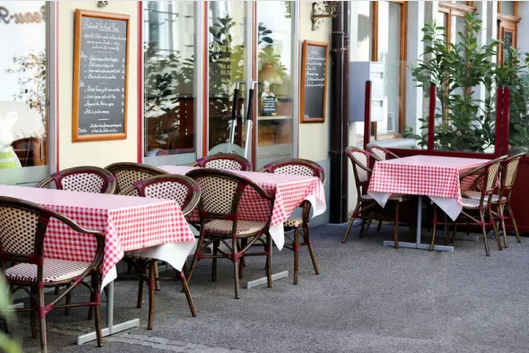© Phattha Intharakamhaeng | Dreamstime.com Swiss chocolate sales went into steep decline in 2020, according to ChocoSuisse, Switzerland’s chocolate industry association. The amount of chocolate produced in Switzerland in 2020 was 10% lower than in 2019 and sales revenue was down by 14.5%, a sharp drop. In 2020, Swiss chocolatiers produced around 180,000 tons, 20,000 ...
Topics:
Investec considers the following as important: 3.) Investec, 3) Swiss Markets and News, Featured, newsletter
This could be interesting, too:
Nachrichten Ticker - www.finanzen.ch writes Die Performance der Kryptowährungen in KW 9: Das hat sich bei Bitcoin, Ether & Co. getan
Nachrichten Ticker - www.finanzen.ch writes Wer verbirgt sich hinter der Ethereum-Technologie?
Martin Hartmann writes Eine Analyse nach den Lehren von Milton Friedman
Marc Chandler writes March 2025 Monthly
Swiss chocolate sales went into steep decline in 2020, according to ChocoSuisse, Switzerland’s chocolate industry association.
The amount of chocolate produced in Switzerland in 2020 was 10% lower than in 2019 and sales revenue was down by 14.5%, a sharp drop. In 2020, Swiss chocolatiers produced around 180,000 tons, 20,000 tons less than the year before and sales fell by CHF 260 million to CHF 1.53 billion.
The export business, which makes up 70% of sales, was particularly hard hit. The export volume decreased by 11.5% to 126,000 tonnes resulting is a corresponding revenue drop of 13.9%.
The volume of Swiss chocolate in the domestic market, which accounts for 30% of sales, fell by 6.9% and the corresponding sales by 15.1%. Swiss per capita consumption dropped to 9.9 kg. This is the first time it has been below 10 kg since 1982.
One of the challenges facing the Swiss chocolate industry is a loss of international competitiveness. This is partly reflected in rising imports of foreign chocolate, which rose by 1.8%.
Rising chocolate imports, and declining Swiss exports are hitting the sector hard. In 2020, one Swiss chocolate factory was closed and the number of people working in the sector fell by 4.8%.
One of the challenges for the Swiss chocolate sector is the politics and rules around protecting Swiss farmers. Certain import restrictions and tariffs aimed at sheltering Swiss farmers from foreign competition are throttling Swiss manufacturers by pushing up the prices of ingredients. Some raw materials are double the price in Switzerland, according to the association.
Swiss sugar producers’ demands for the imposition of a minimum sugar import price threaten to increase the price of raw materials even further. This would further weaken the competitiveness of Switzerland as a production location, according to ChocoSuisse.
Tags: Featured,newsletter









